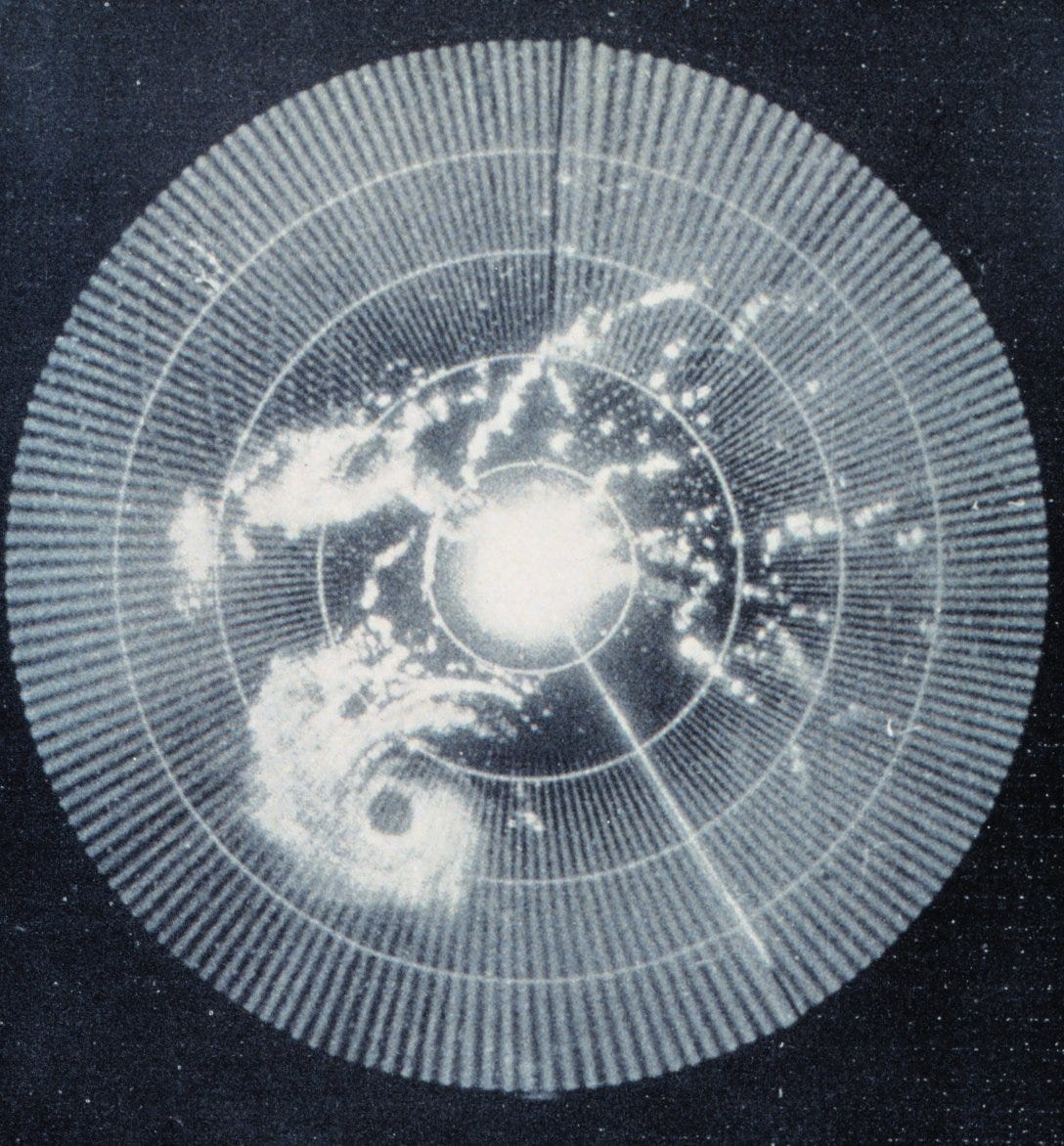3. Paintballing towards mastery
A meditation on the nature of skill.
Welcome back.
This week’s letter contains a general exploration of the concept of mastery.
It’s more meditative than technical, though technically minded people may still find something interesting to think about. In some ways, the ‘clear takeaway’ is simply: “try on this mindset, what do you think?”
Let’s get into it.
Paintballing the unseen
Years ago, I saw a trailer for a game called The Unfinished Swan. I never played it, but the concept seems to be that you paint the world to figure out where to go:
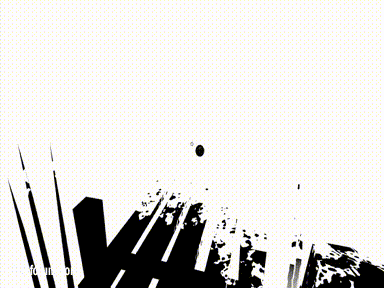
In a distinctionless void, a simple ‘prompt’ in the form of a paintball allows you to map your surroundings and explore. Without the paint to show you what is and isn’t there, you might fall off a bridge.
I enjoyed the cosmic metaphor. From our earliest living moments, we process unbelievable quantities of data through mind and body in order to interpret, consolidate, and navigate our understanding of the world. Thus begins the life-long attempt to figure out what the hell is going on.
And this process sometimes works exceedingly well. In some areas our grip on the world is not just adequate, but magnificent, despite what moaning nihilists might tell you. It is one thing to contemplate great figures like Michelangelo, but even this is overkill for the point I’m trying to make. Consider something far more mundane:
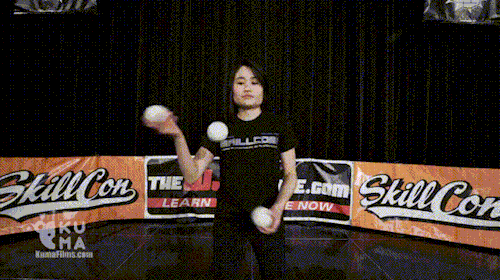
To us, a ball is a simple thing. But what is a ball to a skilled juggler? It’s hard to viscerally imagine the detail, nuance, and embodiment of that understanding, if we don’t share that understanding ourselves. There’s a very real way in which the juggler knows something - about balls and gravity, for example - that we don’t.
Skills leave their mark on the world
When I want to build a skill, I starting thinking about what objects I’d need to map in order to gain it.
Consider a master pianist, who can make a box of hammers and wires sing, lifting packed concert halls to pinnacles of emotion.
What objects do pianists understand? Not just a piano’s keys and pedals, but the musculature of their own hands, the structure of musical pieces, music theory, sound, and the relation of these to felt emotion.
If I wanted to be good at piano, I’d obviously study these things.
But sometimes you can even ‘see’ a skill reflected in its practitioners. If I want to be good at writing, I’ll not just study writing, but study writers. If I want to build great companies, I’ll not just build products, but study entrepreneurs.
The deeds and mindsets of peak practitioners contain the signature of the true art.
An ideal beyond practice
I often think about the concept of ‘the true art’. This somewhat Platonic lens distinguishes the ideal version of a skill from the skill as practiced by any practitioner.
The perfected ideal will be hard to describe, specifically because it exceeds all practitioners. People try anyway. A great example of this is Wuxia, a genre of martial arts film which evokes fighting skill in a way which is fanciful and aestheticized, but also suggestive of a spiritual direction.
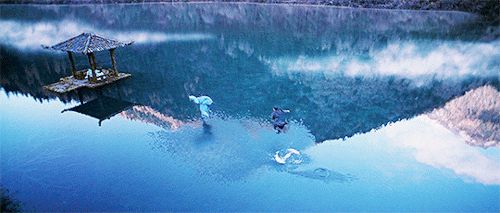
Is there value to thinking about ‘ideal skills’ in this way? We should beware conflating fiction with reality. Still, I think there’s something of value here, and I’ll try to show why through an example.
I’m currently trying to become fluent in Chinese. I’m not there yet; I can have simple conversations, but I’m missing massive quantities of vocabulary, not to mention awareness of layers of meaning that are needed for smooth and high-bandwidth communication. Compared to the ideal, my understanding is lacking.
But even a native speaker’s Chinese isn’t perfect. In any language, native speakers mispronounce occasionally, or might not know odd words.
But what about the cutting edge practitioner? I’d argue that even in an ‘invented’ skill like a language, the greatest scholar (past or present) might err on occasion. Their errors will be rare and subtle, hardly perceptible to those of lower skill. But perhaps a peer could notice a mistake, or the master might catch their own error upon reflection. While the pinnacle of an art as practiced is instantiated in its greatest practitioners, the practitioner themselves might push the cutting edge, and later reflect that their own past practices were mistaken. The development of the skill-as-practiced might advance in exactly this way.
While hopefully not annoying linguists, I’ll claim that it’s at least useful to imagine that out there, somewhere, lives a canonical version of ‘Chinese’. It may not exist in any one person’s mind, but exists as an ideal which both novices and masters attempt to approach and characterize.
Every practitioner falls short of this intricate and unseen ideal, but to different degrees.
Skills as detailed objects
Pretend, for a moment, that the ‘ideal skill’ were a physical object. I imagine something highly intricate, which is hidden from view. To know its shape, I’d try to to touch it, as directly as possible, through the tools available: my sensations, my thoughts, my experiences, and more complex and compound derivations of those.
Take fishing, for example. I’ve probably gone fishing twice in my life. Attempting to describe my knowledge in full, I might say something like:
First hook a lure to a wire, throw it in the water, and wait for fish. There are different sizes of fish and they probably like different lures. When the lure gets tugged on, reel in, but don’t yank too hard, because you might break the line. Also, something exists which is called ‘fly fishing’, which is different, and happens in rivers or something.
…And that’s about all I’ve got. I could squeeze out a few more thoughts, but I’m starting to hit a wall. If my ‘fishing knowledge’ were a physical object, it would be crude and incomplete, compared to the ideal.
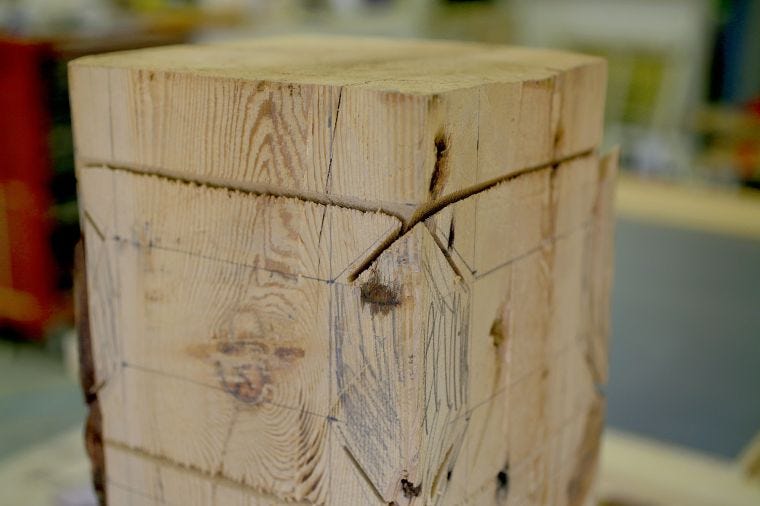
But a true hobbyist would have much more to say. They might be able to fill a book with their knowledge, describing distinctions between types of equipment, the history of fishing, interpretations of water and season and environment, the mindset of the fisher, commentary on patience, ad infinitum.
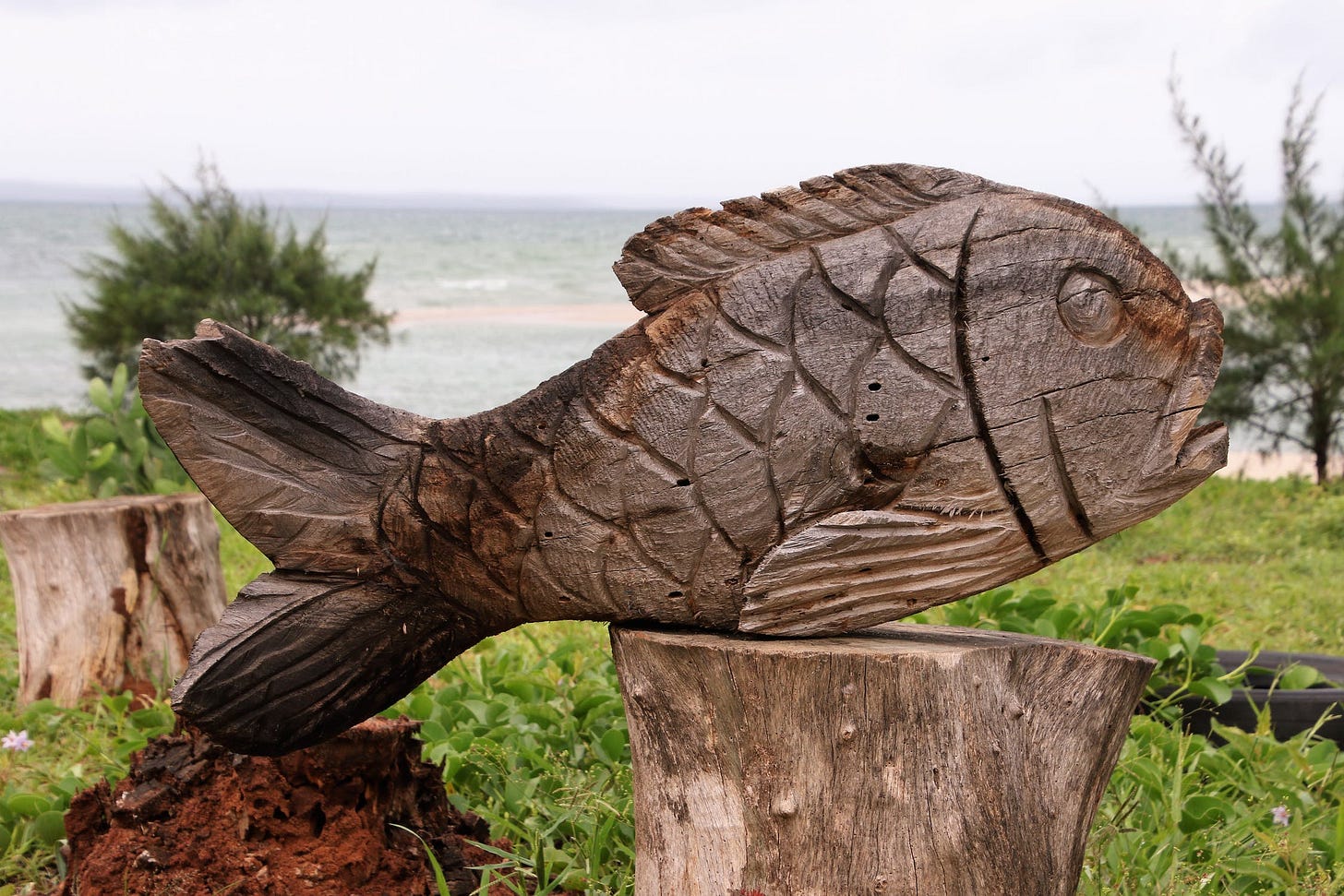
And fables say the Art has been pushed further. They speak of a Master Fisher, whose fishing deeds are eminent, the stuff of legend. Whither he doth yank, the fish do join him, or something like that. You get what I’m saying.
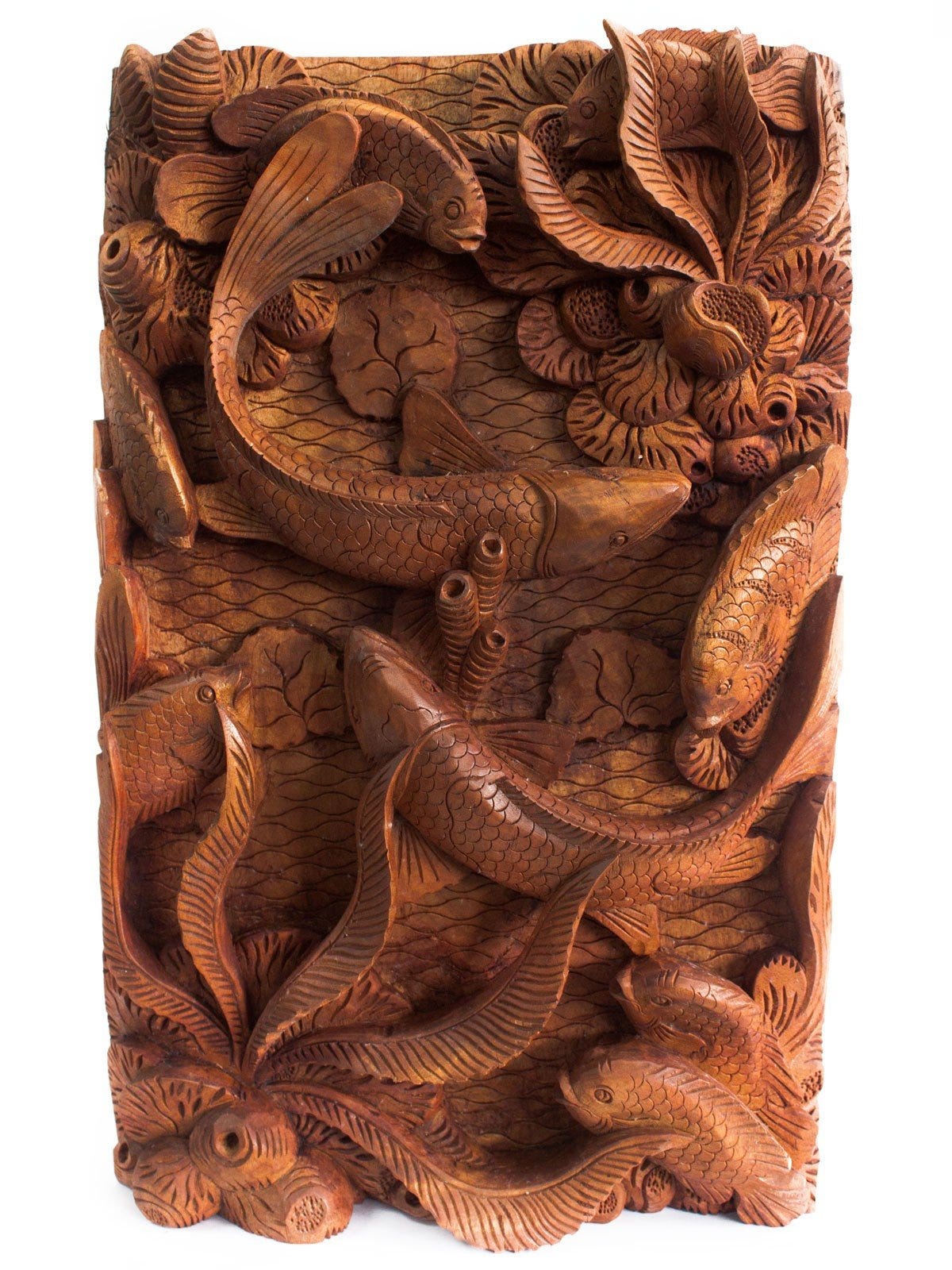
In trying to describe the unseen ‘True Art’, early attempts are clumsy. The Novice senses using 1950s radar, while the Hobbyist has a grainy Polaroid camera. The Master has 360 degree 4K video, petabytes of data, slow-motion spectral analysis and X ray magnification.
Thus concludes the sermon on the nature of skill. Go forth and grasp that unseen ideal, that you may know it well.
